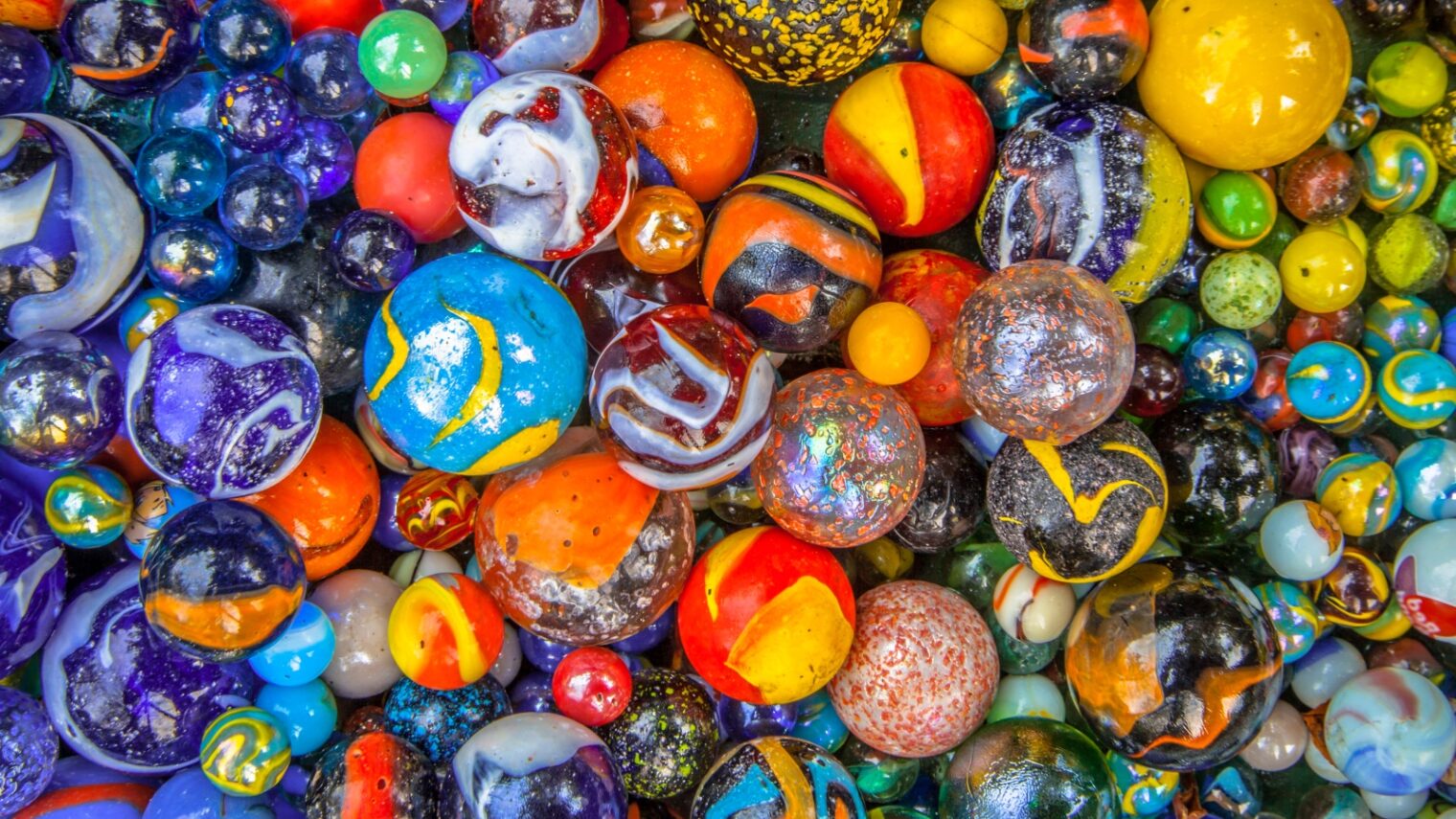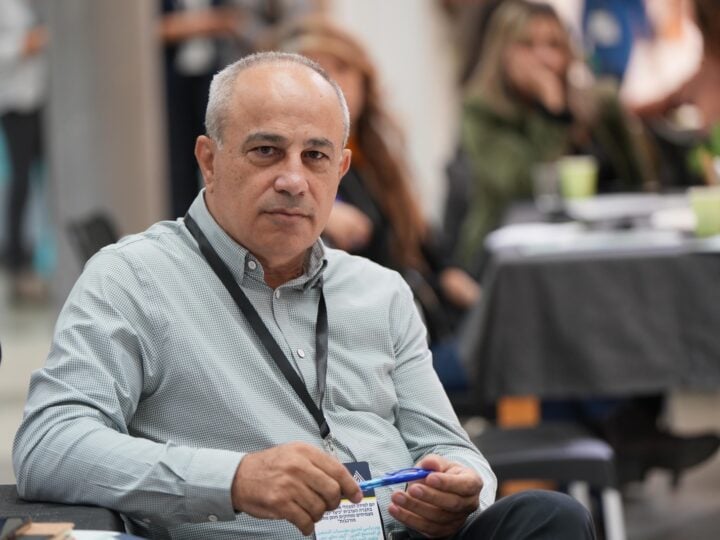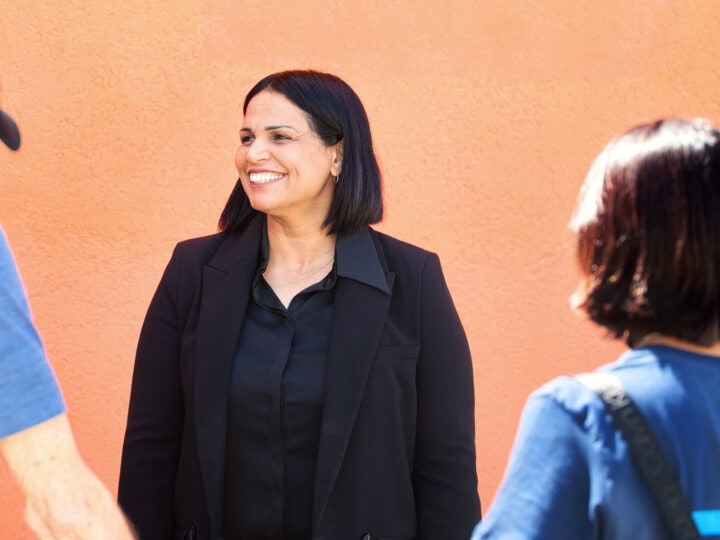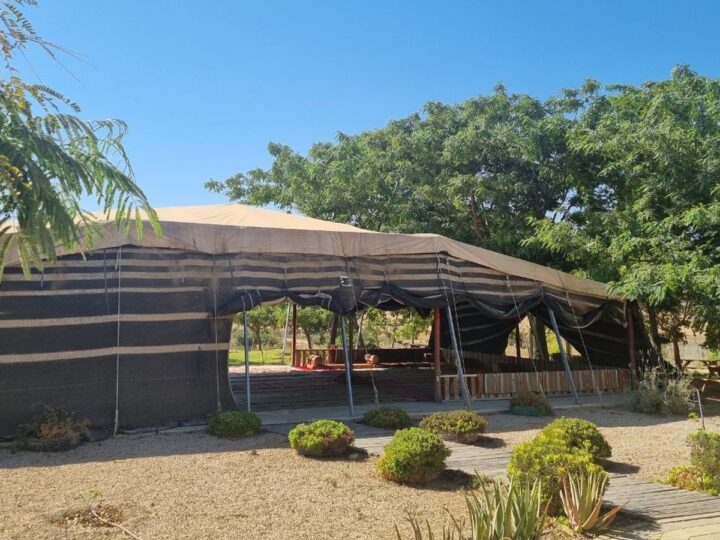The colorful bits in a kaleidoscope whirl into ever-changing patterns, each one distinct as it complements the others.
Schoolchildren participating in the Kaleidoscope program in Israeli classrooms are encouraged to consider how the pieces they see in the kaleidoscope reflect internal and interpersonal diversities in identities, emotions and cultures.
“Sometimes they live in harmony and create beautiful shapes and sometimes they don’t,” says Kaleidoscope founding director Chana Reifman Zweiter.
The classroom-based program teaches problem-solving, collaboration, self-awareness and other social and emotional skills proven by research to form the foundation of respect between people of different backgrounds, Zweiter tells ISRAEL21c.
“We work in city-wide initiatives, implementing the approach in early childhood and continuing through junior high school just like other subject areas,” Zweiter says.
“While most other organizations focus on relationships between specific cultures, Kaleidoscope is adapted to address acceptance between Ethiopian and native Israelis, Arabs and Jews, religious and secular, students of the special and general education tracks, Christians and Jews,” she explains.
Since 1991, Kaleidoscope has touched approximately 40,000 students, educators and parents throughout Israel. This year, about 1,200 students from early childhood through junior high school participated, and 45 educators in Jerusalem, Lod, Ramla and Acre (Akko) were trained to facilitate Kaleidoscope in their classrooms.
https://www.youtube.com/watch?v=OQAJeVLjHZw&feature=youtu.be
Kaleidoscope in action
The phased program starts with that first look into a kaleidoscope to foster an appreciation of the beauty of differences. The children have four or five workshops in their own schools to develop the self-awareness, empathy, and reflection critical to accepting others.
They then meet children from other schools and cultures about five times over the course of the year, where they apply these social skills in interactive programming that helps them feel comfortable with one another.
At one meeting of seventh-graders from Arab and Jewish schools in Acre, participants were paired and assigned a task to complete while tied together with rope in order to experience interdependency. During another paired activity, they got a piece of paper to draw on separately. By the second or third time, their pictures are no longer separate but cooperative.
“One pair drew a picture of Akko with writing in Hebrew and Arabic saying ‘This is our city,’” Zweiter relates.
Wafeed Mansur, principal of the 640-student Hilmi Shaafi junior high school in Acre, believes Kaleidoscope is responsible for halting afterschool hostilities that used to arise between his mostly Muslim Arab pupils and Jewish kids in the mixed northern city.
“We’ve been doing Kaleidoscope almost 10 years. We started with small meetings between teachers and principals and eventually added two or three classes,” Mansur tells ISRAEL21c.
“To tell you the truth, it was a little tough at the beginning because many [participants] couldn’t manage to see a Jew or an Arab as someone they could talk to. We kept insisting the meetings should go on and they started to express their ideas and their fears, too. Since they discovered the qualities of the other side, the humanity of the other side, and personalities that could hear and deal with their opinions, it has been very beneficial,” says Mansur. “I haven’t heard of any problems in the last six or seven years.”
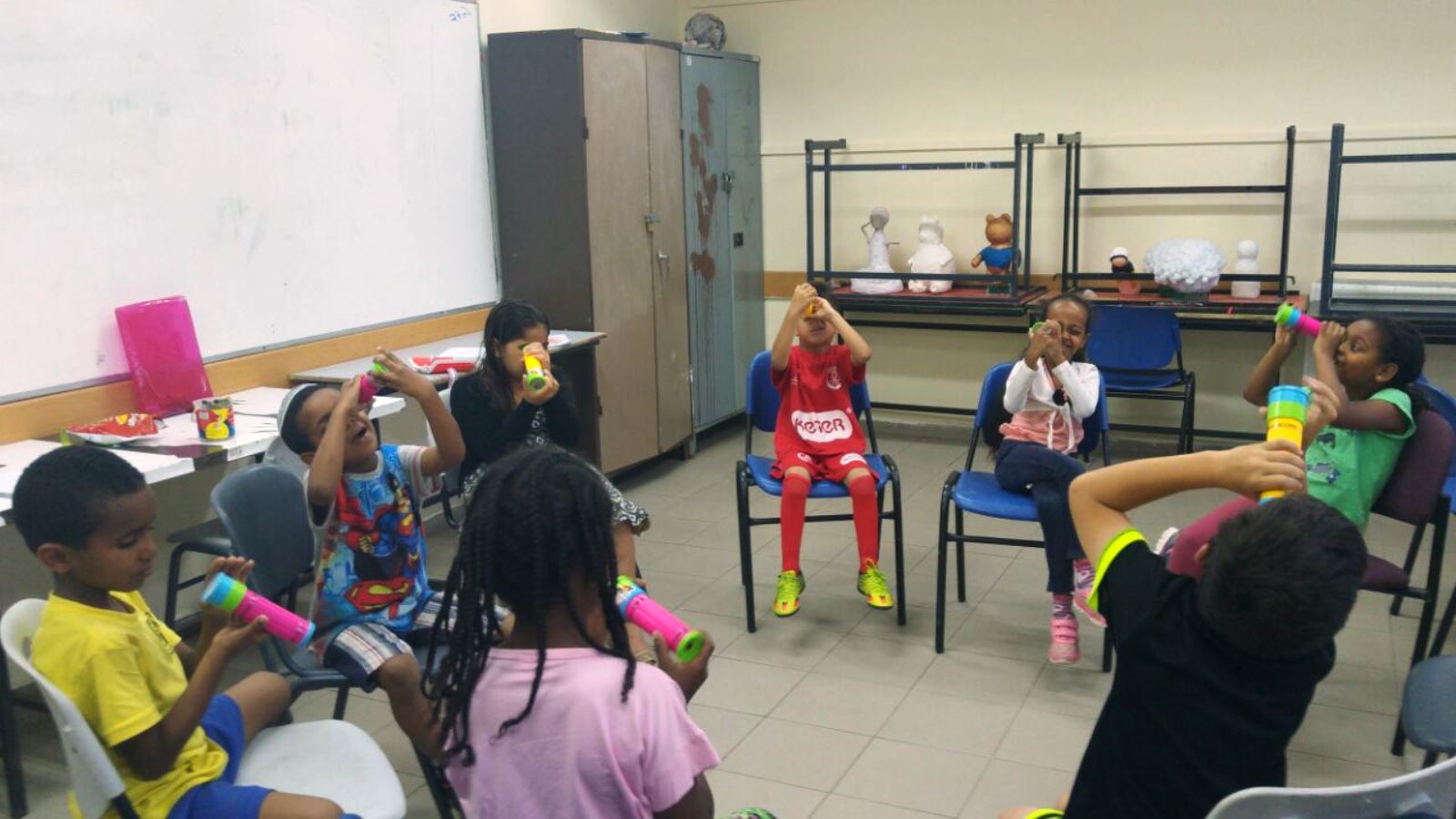
Zweiter says that outside evaluations have shown Kaleidoscope participants to be more open to meeting individuals of cultures they don’t know than are their peers who do not participate.
Kaleidoscope’s documented success in changing attitudes has won it support from private and public agencies including USAID and the Israeli ministries of education and absorption.
Zweiter shares Kaleidoscope curricula in workshops and lectures internationally, and received the Bonei Zion Award at the Knesset in 2015 for her contribution to diversity education in Israel.
Social inclusion
Before moving to Israel from New York in 1991, Zweiter founded and directed the Yachad program, integrating Jewish youth with special needs into the greater Jewish community.
“My dream was to apply my experience in social inclusion into the community here in Israel,” she says.
In February 1992 she founded an organization that established afterschool art, music and sports clubs for special-needs and mainstream kids in Ramla, Lod and Jerusalem. The following year, one school asked if the program could address the influx of Ethiopian immigrants who were feeling socially isolated.
“I did not take for granted that the program would work with the inclusion of a different population, so I really studied the Ethiopian culture before establishing in-class social activities to foster togetherness of different populations,” says Zweiter.
From there, her approach was adapted to help integrate Jews and Arabs, and religious and secular Jewish children in different parts of Israel, during the regular school day.
“Around 1998 we adopted the idea of the kaleidoscope because it was symbolic of the different cultures and the positive aspects,” she says.
Kaleidoscope rents an office at the Ministry of Education’s Center for Professional Development in Lod. About a dozen facilitators train educators from participating schools.
“We learned that teachers need a lot of professional development. One of the main findings in our yearly evaluations is that the teachers increased their willingness to participate and to continue with the programming in subsequent years,” says Zweiter.
“This year we had early-childhood teachers from east and west Jerusalem who said Kaleidoscope helped break stigmas and stereotypes. At first they didn’t think it would work but gradually they established relationships.”
Mansur, the principal in Acre, says attitudes and beliefs often are far apart. “Unless we can bridge these differences we will never be as equal as we can be. Kaleidoscope provides the tools and the leadership to do this.”
For more information, click here.




